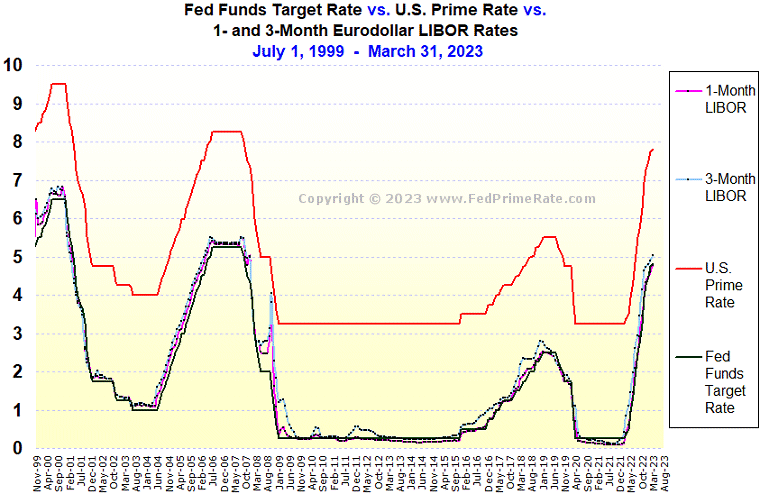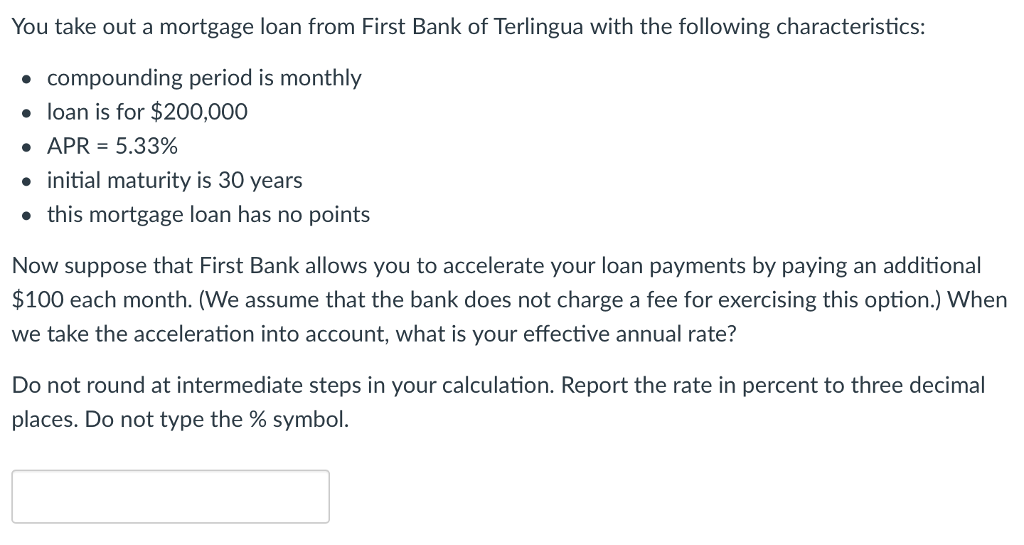First, let's discuss what a reverse mortgage is. A reverse home loan is designed to enable senior older homeowners who own all or the majority of their home to withdraw a few of the equity from the house for personal use Receivers can select to receive the cash as a swelling amount, in month-to-month installations, or as a line of credit.
As it is only available to people over the age of 62, it is meant to be the last loan a person will get on their house in their lifetime. A reverse mortgage needs to be repaid when the property ceases to be the loan recipient's main residence. This can happen when the recipient relocations, scales down, has actually remained in the hospital for over a year, or dies.
Generally, one of 4 things occurs: 1. The recipient's life insurance policy is utilized to pay off the balance of the reverse home mortgage. 2. The recipient's beneficiaries sell the property and utilize the proceeds to pay off the balance. If the residential or commercial property sells for more than the loan was worth, the heirs keep the remaining equity.
3. The recipient's beneficiaries refinance and take out a brand-new home mortgage on the home in order to keep the property. (It is possible to have both a reverse home mortgage and a regular home mortgage on the same residential or commercial property, as long as the regular home loan has a low loan balance). 4. If the successors take no action within the designated amount of time, the bank will foreclose on the house to recoup the loan.
The smart Trick of How Many New Mortgages Can I Open That Nobody is Discussing
Make certain to look carefully at the terms of a reverse home loan before taking one out, as some loans can carry high fees and rates of interest.
If you take out a reverse mortgage, you can leave your home to your beneficiaries when you pass away, but you'll leave less of a property to them. Your heirs will also require to deal with paying back the reverse home loan, and they might face significant problems in the process, otherwise the lender will foreclose.
A "reverse" home mortgage is a specific type of loan in which older property owners convert a few of the equity in their house into money. The cash is normally dispersed in the type of a swelling amount (topic to some restrictions), month-to-month amounts, or a line of credit. You can also get a combination of regular monthly installations and a credit line.
This sort of loan is different from routine "forward" home mortgages because with a reverse mortgage, the lending institution pays to the house owner, rather than the homeowner paying to the lender. Since the homeowner gets payments from the loan provider, the house owner's equity in the property reduces with time as the loan balance gets bigger.
What Does What Is Today's Interest Rate On Mortgages Mean?
With a HECM, the loan needs to be paid back when https://www.canceltimeshares.com/blog/who-is-the-best-timeshare-exit-company/ among the following occasions happens: the customer passes away the house is no longer the customer's principal house (or the borrower leaves completely or leaves due to health factors for 12 consecutive months or longer) the borrower sells the home (or transfers title), or the debtor defaults on the terms of the loan, like by stopping working to keep up with insurance coverage premiums or property taxes.
But they will not receive title to the residential or commercial property complimentary and clear due to the fact that the home undergoes the reverse mortgage. So, state the homeowner passes away after receiving $150,000 of reverse mortgage funds. This implies the successors inherit the house subject to the $150,000 debt, plus any costs and interest that has accumulated and will continue to accumulate until the financial obligation is settled.
1. Repay the loan. (With a HECM, the heirs can choose to pay back 95% of the appraised worth themselves and keep the house. FHA insurance will cover the staying loan balance.) 2. Sell the home and use the earnings to repay the reverse home loan. (With a HECM, the beneficiaries can offer the house for the full quantity of financial obligation owed on the loan or a quantity that is at least 95% of the existing assessed value of the home.) 3.

4. Not do anything and let the lending institution foreclose. According to an U.S.A. Today article from December 2019, heirs who want to settle a reverse mortgage and keep the home typically deal with months of red tape and disappointment when handling the loan servicer. Shoddy loan maintenance practices often prevent what should be routine documentation, debt calculations, and communications with debtors or beneficiaries.
Getting My Who Is Specialty Services For Home Mortgages ? To Work
The servicer also designated the house as uninhabited and shut off the water in the name of residential or commercial property conservation, and set up a foreclosure sale. This situation is not uncommon. The U.S. Department of Housing and Urban Advancement (HUD), the regulator of HECMs, has guidelines that state servicers of these loans ought to inform survivors and beneficiaries of their choices and fix the loan within 6 months of a death.
If they're selling the property and it's still on the market after 6 months, or they're still actively looking for funding, beneficiaries can contact the servicer and request a 90-day extension, based on approval by HUD. Another 90-day extension can be asked for, again with HUD's approval. But that standards do not prevent the servicer from pursuing a foreclosure throughout this time.
While you face delays or obstructions due to a problem with the property's title, an approaching foreclosure, or an absence of info from the servicer, you'll need to spend for the house's upkeep, taxes, and insurance coverage, and interest and fees will continue to accumulate on the financial obligation while you attempt to exercise any of the above options (how much is mortgage tax in nyc for mortgages over 500000:oo).
Reverse home mortgages are made complex and are typically not the very best choice for older property owners looking for access to extra cash. Before securing a reverse mortgage and using your home equity, you must be sure to check out all of the alternatives offered to you. For circumstances, you may certify for a state or regional program to decrease your costs or you could think about downsizing to a more affordable home.
Not known Factual Statements About What Kinds Of Laws Prevented Creditors From Foreclosing On Mortgages
aarp.org/revmort. Despite the fact that you'll have to finish a therapy session with a HUD-approved therapist if you wish to get a HECM, it's also extremely recommended that you consider talking to a financial planner, an estate preparation lawyer, or a customer security lawyer before getting this type of loan.
Upon the death of the customer and Qualified Non-Borrowing Spouse, the loan becomes due and payable. The successors have thirty days from getting the due and payable notice from the lending institution to buy the house, offer the house, or turn the house over to the lender to satisfy the financial obligation.

Your heirs can speak with a HUD-approved housing counseling agency or an lawyer for additional information. Some beneficiaries may lack funds to settle the loan balance, and may require to sell the home in order to pay back the reverse mortgage loan. With a reverse home loan, if the balance is more than the home is worth, your heirs do not need to pay the distinction.